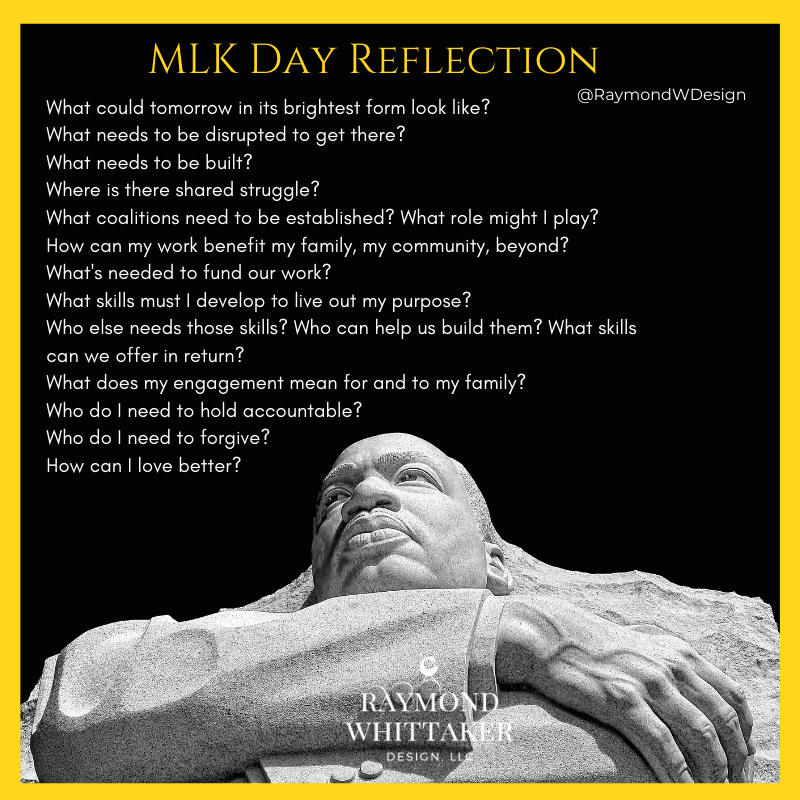How to Stay Productive While Working Remotely
Organize your day into blocks with categories and daily objectives. This will help you to stay accountable to previously established goals and to make the most of your time. Categories can be whatever they need to be; however, here are a few suggestions: E-mail correspondence, calls/video conferences, independent work time, collaborative work time (with a colleague), break/lunch, etc. Some people find it helpful to stick to a daily routine. For instance, checking e-mail during the first and last blocks of the day, only holding calls between certain windows, etc. Use what you know about your preferred working style to set up your days. If your freshest thinking is before noon, save meetings or intense work periods for the first part of the day. Cross off the day’s objectives as you complete them for an intrinsic motivation boost.
Make your space. Choose a work space where you can be both energized and focused. Consider working near a window where you have access to natural light. Clear the surface you’ll be working on and consider lighting a candle, hanging an inspirational quote, or playing music quietly. These small rituals can help distinguish your working time from your non-working time, which can help you to stay focused.
Set a firm start and end time. When working remotely, it’s important to monitor your time, as it may feel like it’s moving differently from your norm. Many employees find it common to work more hours than usual because there are often fewer distractions in remote work spaces. Commit to a clear start and end time and align your daily objectives accordingly.
Don’t tell anyone who doesn’t need to know. Although remote work is now more common than it ever was, some people still don’t quite understand how it works—this may include close friends and loved ones. If you're working remotely or planning to do so soon, don't share more than you need to, as you may invite unwanted phone calls, requests for errands, and other actions that can distract you. If remote work is new to you, it’s even more important for you to protect your time so that you can establish a routine that will allow you to be as productive as possible.
Getting Ready for Sabbatical
Taking an extended sabbatical soon? We love to see it! Here are 3 quick tips to help you get ready.
1. Prepare your Message. Friends, family, past, present, and future colleagues will be curious about the pivot. To help quell any emerging or future anxieties as well as well as potential awkwardness, prepare messaging in advance. What are the key things you want to communicate about your shift? What things do you absolutely not want to share? Decide ahead of time. Get ahead of your transition message so you have agency over your own professional narrative.
2. Build in a break, if possible. There’s always a reason behind a transition. It may be good, it may be bad. Give yourself some time to transition before you enter your new normal. In new roles, there’s always a learning curve during the onboarding process. This period moves more smoothly when one enters it rested, energized, and ready to go. If preparing for a sabbatical, budget time to decide exactly how to spend it.
3. Get a Physical. Before insurance goes away, get a full physical and any related exams and lab work completed. Health status is important to know and understand before beginning any major transitions. Obtain referrals for any specialists who may not be on your radar and request refills on any prescriptions so that you have what you need in case there is a gap in coverage.
3 Tips for Dissecting an Offer Letter
Offer letters can be complicated to understand because they often follow a generic company template, rather than a summary of what a candidate and hiring manager discussed. Sometimes there are legal parameters that govern what an organization will and will not state in an offer letter. While this may be critical for compliance, it doesn’t always mean that the language is clear or accessible to candidates.
Exempt vs. Non-exempt Status:
While our eyes usually go to salary first when reading an offer letter, it’s important to pay attention to one’s exempt or non-exempt status. Look for it in your offer letter. It can mean the difference between salaried or hourly compensation. If you are an exempt employee, this means that you have a salary tied to your role and you do not have to be compensated for hours worked over your weekly/bi-weekly agreement.
Benefits:
When your offer letter arrives, be sure to look for a full description of your benefits package. You should look for an indication of things like personal time off, health benefits, parental leave, professional development reimbursement, continuing education reimbursement, health savings plan, relocation package, retirement benefits, etc. Some companies even offer benefits such as gym memberships, yoga, childcare/eldercare, spousal/partner relocation support, counseling services, access to free books, and more. If you haven’t received one already, be sure to look for a link to the organization’s benefits handbook and clear descriptions of what benefits you are eligible for and on what timeline. Also be sure that your offer letter includes any benefits you negotiated and agreed upon during the hiring process. If it’s not in writing, it may not stick.
Work Environment:
During the hiring process, you may have already discussed your salary. However, many job candidates forget to discuss their desired work environment. While some organizations are very strict regarding their in office policies (i.e. all employees have to report to a physical office at least 5 days a week), many companies are moving to more flexible models. Check your offer letter to make sure if includes details about where you are supposed to report and how often. You don’t want to find yourself tied to a desk, if you know this doesn’t support your best work and or personal needs. This also includes travel expectations. If you don’t have a desire to travel every week, make sure this isn’t an expectation. Before you say yes, make sure that everything you’ve negotiated in this arena is captured in your offer letter.
Getting Ready to Start a Job Search?
So, you’re ready for a new job. You’ve taken the first and hardest step already….you’ve given yourself permission to level up. Here are a few quick tips to help set yourself up for success.
1. Update Your Resume: It’s time to dust that resume off and get it shining. Make sure you’re relevant experiences are up to date. Be sure you’re talking about the impact you made in each role and highlight any accomplishments that correlate to types of roles you’re seeking. Not sure how to do that? Don’t feel like doing all of that? Need some help? Reach out and we can recommend a great resume coach to help get you together.
2. Tune up your LinkedIn profile: Make sure you profile is complete, your “about” and “experience” sections are up to date, and that you have a great recent photo posted. Look over your settings to ensure they reflect what you seek. Your settings can help ensure recruiters know you’re looking.
3. Let your inner circle know you’re looking. While it might not be the best time to blast this on social media (especially if your current place of employment doesn’t know), you can certainly let your INNER CIRCLE or friends/trusted EXTERNAL colleagues/mentors+advocates+sponsors know. They can help keep an eye out for good opportunities.
4. Once you’ve secured that role, if possible, build in a short break window in between your last day and your upcoming start date. This will give you some time to catch your breath, reset, and prepare for your next adventure.
5. If you currently have health insurance, be sure to get a physical, full round of applicable tests, refills on prescriptions, etc. JUST in case there is a lapse in coverage between jobs.
Martin Luther King, Jr. Day 2021
Dr. Martin Luther King, Jr.'s life offers many examples in leadership, personal development, organizing, and so much more. He was a brilliant and complex man whose example forever changed the world. Here are a few questions to consider as we reflect on his life and legacy.

